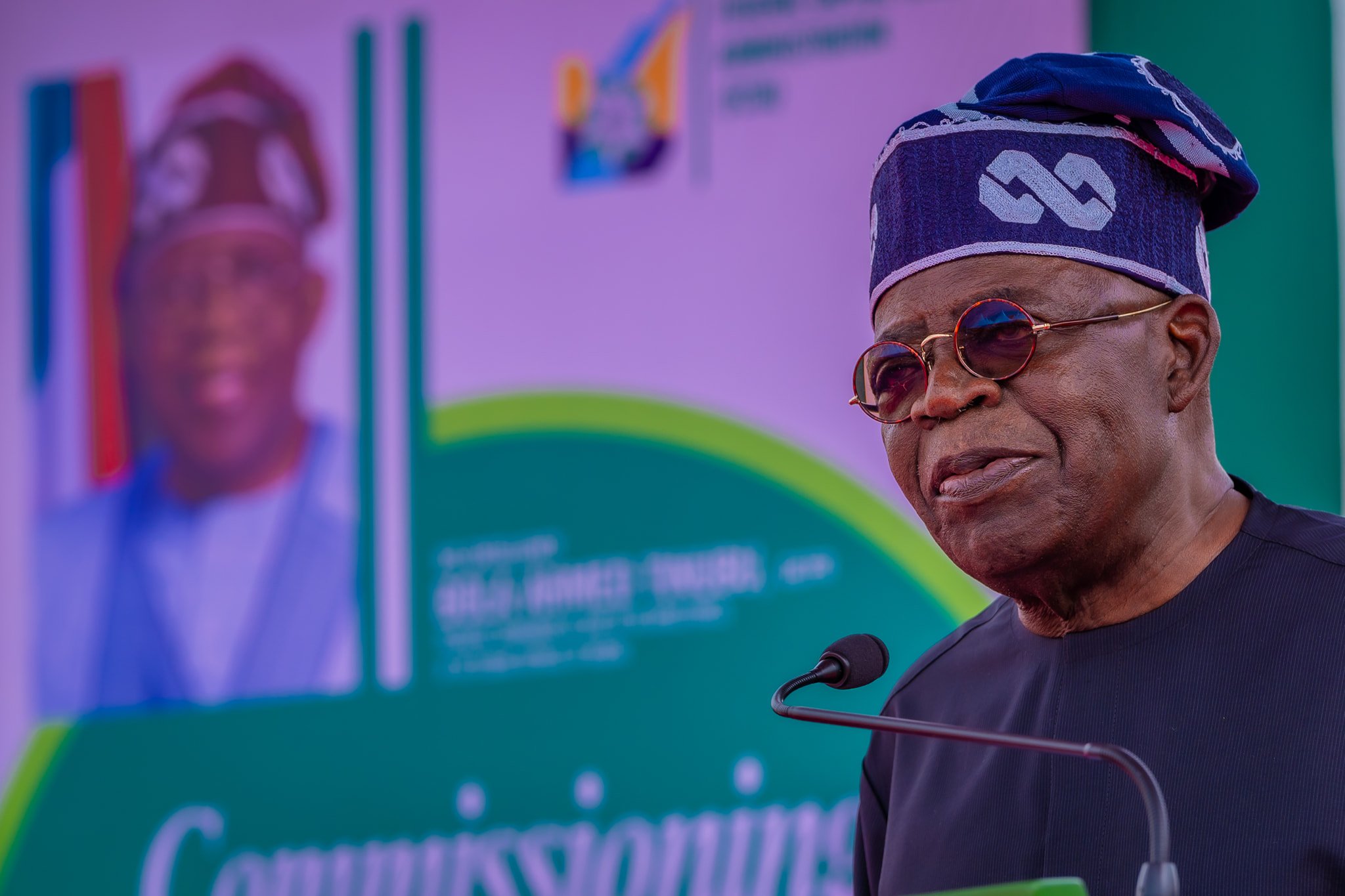Between 2016 and 2017, I spent some time at the National Pension Commission of Nigeria (PenCom) as a Scholar in Residence. At PenCom, I primarily worked on mainstreaming sustainability thinking and culture in the organisation and the pension industry it regulates. The idea was to eventually arrive at some Sustainable Pension Principles for the sector – something similar to the Nigerian Sustainable Banking Principles of the Bankers Committee and the Central Bank of Nigeria, which I was commissioned to review in 2018.
Although PenCom was my first total immersion in a public sector organisation in Nigeria, I had before then advised some public sector organisations in and outside Africa. But this particular experience was phenomenal in many ways.
The close encounters and interactions with the public service and servants were revealing, as documented particularly in these write-ups: (1) Good civil servants are usually DEAD! , (2) Truly, we aren’t all equal, and (3) Why the Presidency should save PenCom from politics.
Before PenCom, I saw the government as the primary solution to societal challenges. Perhaps I was naïve. But PenCom exposed me to the intricacies and dynamics of public power and governance. It challenged my perception of public power as more society-oriented than private governance. I eventually realised that public power is not always public-serving, and public service is not always for the fittest, especially in weak institutional contexts and spaces of limited statehood.
Advertisement
Nonetheless, as the repository of public power in society, I realised that the government can simultaneously be a force for good and evil. This dual nature of the government is paradoxical and calls for ways of orchestrating the bright and taming the dark sides of public governance, especially through the involvement of non-state actors (such as grassroots movements, civil society organisations, businesses, et cetera) in public governance. This is what collective (or complementary) public governance entails – a situation where the different actors contribute their quota for a better society. In other words, the government alone cannot provide positive public governance.
Surprisingly, this duality of the government and the complementary nature of public governance are missed by those who think that the government is the only primary source of public goodness.
Unfortunately, from my experience, many Nigerians often play down the significance of non-state actors in providing public goodness, which can be a lost opportunity.
Advertisement
Let’s look at market governance, for instance. Markets are spaces for the exchange of goods and services. They are intended to help individuals in society meet their needs. However, sometimes, markets produce sub-optimal results and harm society. The government is expected to recalibrate the market to function well in such situations. But does this always happen, and is regulation the only way to govern markets?
As a professor of business who has made significant intellectual investment in understanding the private governance of markets, I will use the growing practice of Corporate Social Responsibility (CSR) as a good example of the private governance of corporate externalities. Another way to understand externalities is to think of them as impacts, which could be positive or negative.
An excellent example of a negative externality is pollution from a production plant, which causes some health hazards for residents not involved in business transactions. Other possible negative corporate impacts on society include child labour, bribery and corruption, human rights abuses, et cetera.
Agreeably, businesses also create positive externalities (impacts), which include meaningful jobs, tax contributions, contributions to economic development, investments in human capital development, production of quality goods and services, profits, et cetera.
Advertisement
The government can use regulation to enhance the positive impacts of firms and reduce their negative impacts. However, regulation is not always effective and efficient because there are loopholes, and the law can never be complete. That’s why it is vital that businesses cooperate by being socially responsible.
Going back to our starting point, CSR affirms the plurality of governance modes, where CSR (i.e. private governance) complements existing public and informal governance modes and thus creates a better chance that both the public and private governance modes will compensate for each other’s weaknesses in the governance of corporate externalities.
This is how societal governance works. In other words, effective societal governance is a function of collective governance between the government and non-state actors.
Five years after PenCom, I am again immersed in public service, but now I am the Chief Economic Adviser of a sub-national government. In this role, I frequently and deliberately step away from the view that the government is everything and encourage non-state actors to fill in gaps in governance because my approach to government and governance is to look for complementarities.
Advertisement
In other words, I have, over time, been influenced by my CSR research agenda and shaped by my practical experience in public governance. In the true sense of the saying, I have become my ideas and experiences.
An exemplary manifestation of this approach to societal economic development is the One Kindred One Business Initiative (OKOBI) of the Imo State Government. OKOBI is an entrepreneurship programme for job creation and economic empowerment based on the communal spirit of the Igbo people of Nigeria. In a context where unemployment is very high and has become a “social warming” because of limited jobs, it makes sense to encourage groups to work together and take advantage of the opportunities around them.
Advertisement
However, pushing the OKOBI movement has been an arduous task. First, people doubt that it could work and give 1001 excuses. Secondly, they complain about money and expect it to be funded by the government. Thirdly, they think it is a political gimmick. Fourthly, if it were to be financed by the government, they selfishly believe they should be the ones to benefit rightly or wrongly from it. When you combine all these, you have a recipe for a toxic problem.
In all, the critical challenge is trust. People appear not to trust themselves and the government. This apparent lack of trust, in itself, is dangerous. It requires a lot to overcome.
Advertisement
The first thing is to be as transparent as possible. People gradually warm up to you when they know you have nothing to gain from the system. Secondly, they need to accept that you have their interests at heart. In other words, it is primarily for their benefit, not yours. Putting people first helps them to see that you mean well. This is the central message of OKOBI, which is beginning to gain momentum in Imo State.
Nonetheless, the urge to see the government as a nanny state is entrenched and far-reaching. So, asking people to do things themselves comes across as endorsing bad governance and excusing government failures. In a country where many people think the government is not doing enough for them, I can understand how the quest for collective governance can rub off negatively on some people.
Advertisement
However, despite the intense attraction to align with this dominant anti-collective governance, my encounter with the government convinced me that collective governance is more pragmatic and realistic because governments alone are always insufficient. They need non-state actors (i.e., you and I) to be sufficiently compelling.
That’s how I changed my view of the government and embraced collective governance as a credible alternative!
Kenneth Amaeshi is a professor of sustainable finance at the European University Institute, Italy, Chair in business and sustainable development at the University of Edinburgh, United Kingdom, and a public philosopher. He tweets @kenamaeshi
Views expressed by contributors are strictly personal and not of TheCable.
Add a comment










